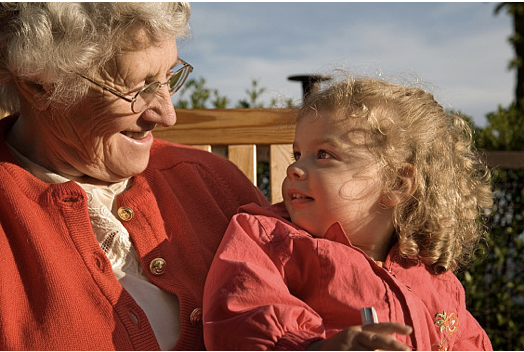If your aging parent has been diagnosed with sleep apnea, selecting the right retirement home in Ontario goes beyond comfort and amenities—it’s about ensuring safe and continuous care. Untreated sleep apnea can lead to serious health risks like heart disease, stroke, and cognitive decline. Fortunately, many retirement communities now offer medical support tailored to seniors with respiratory conditions. But not all facilities are equally equipped. Knowing what to look for can help you make the right choice for your loved one.
 What to Look for in a Retirement Home for a Sleep Apnea Patient
What to Look for in a Retirement Home for a Sleep Apnea PatientWhen touring retirement homes in Ontario, make sure to ask:
Do staff assist with CPAP machine setup and maintenance?
Is there trained night staff available to monitor residents?
Are private rooms with accessible outlets provided for sleep device use?
Are there respiratory therapists or medical staff on call?
Is there a plan in place in case of power outages or device malfunction?
How do they handle compliance if your parent forgets or resists using the machine?
Ask questions regarding retirement homes to our experts
Use this table to compare different levels of sleep apnea support across retirement homes:
| Feature | Basic Retirement Home | Sleep Apnea-Friendly Home |
|---|---|---|
| CPAP Use Allowed | Yes | Yes |
| Staff Assistance with CPAP | Limited or none | Daily setup and cleaning assistance |
| Night Monitoring | Basic security checks | Medical staff available overnight |
| Power Backup Systems | Rare | Common or optional backup batteries |
| Medical Collaboration | Occasional referrals | Ongoing collaboration with sleep clinics |
Families in Ontario may benefit from the following supports:
OHIP covers physician-referred sleep studies
The Assistive Devices Program (ADP) helps subsidize CPAP and BiPAP machines
Many senior residences collaborate with external providers for respiratory assessments and follow-up care
Most retirement homes allow CPAP use, but the level of support—such as setup, cleaning, and night supervision—varies. Ask specific questions during your visit.
Look for a retirement home with trained staff who understand how to support residents with cognitive issues. Some homes offer tailored approaches for CPAP compliance in memory care units.
Yes. The Assistive Devices Program (ADP) can partially cover the cost of CPAP equipment for eligible Ontario residents. Speak with your doctor to begin the process.
Yes—especially in homes that have medical staff, overnight caregivers, and respiratory support services. Management is most successful when staff are properly trained.
That depends on your parent’s overall health needs. Retirement homes are best for seniors who are mostly independent. Long-term care homes provide higher medical oversight for those with complex conditions.
When choosing a retirement home in Ontario for a loved one with sleep apnea, prioritize facilities that understand the importance of respiratory care, nightly safety, and proper equipment use. Asking the right questions early will help you find a home where your parent can sleep safely and live comfortably.
Don't hesitate to contact us at 343 309 5289. We can help you choose the right establishment for you and assist you in your search.

Find a suitable senior residence